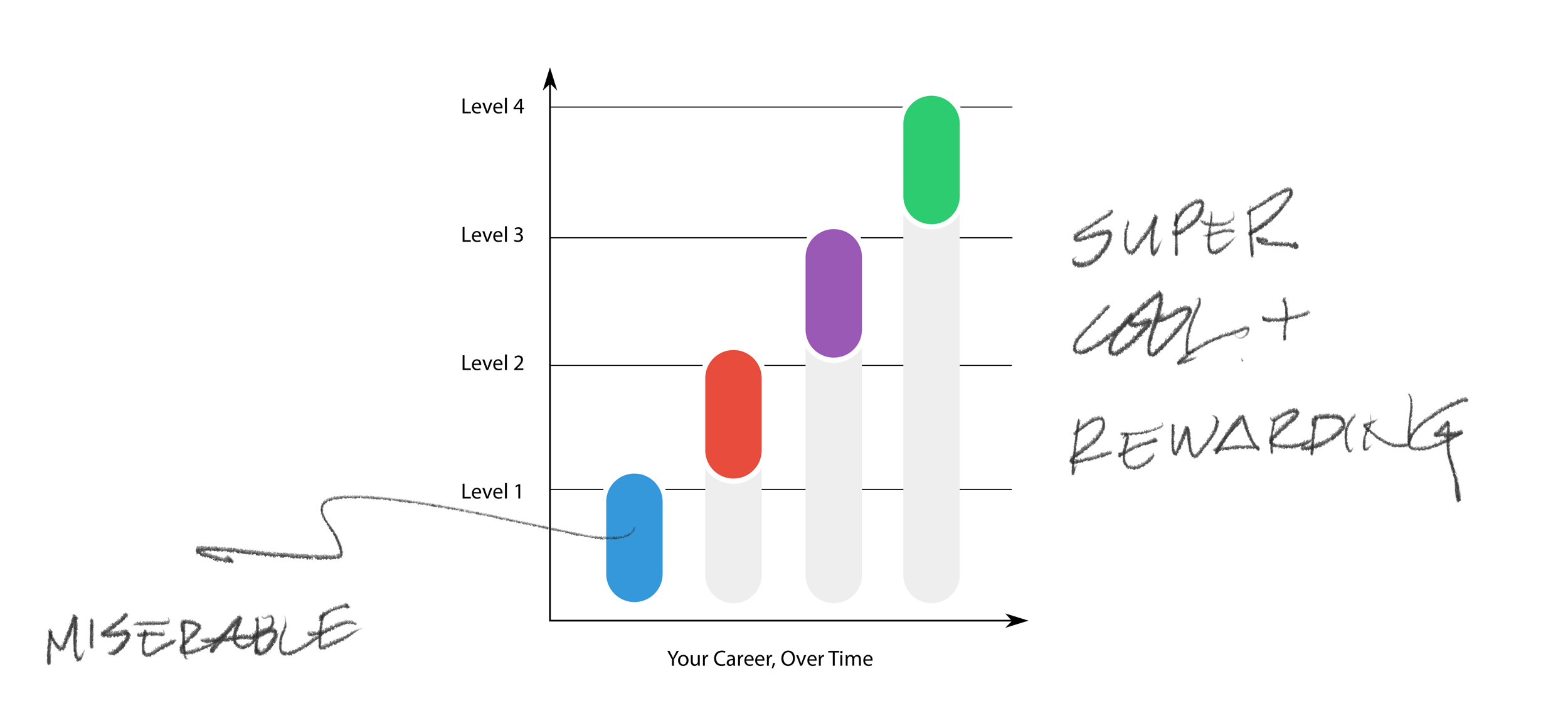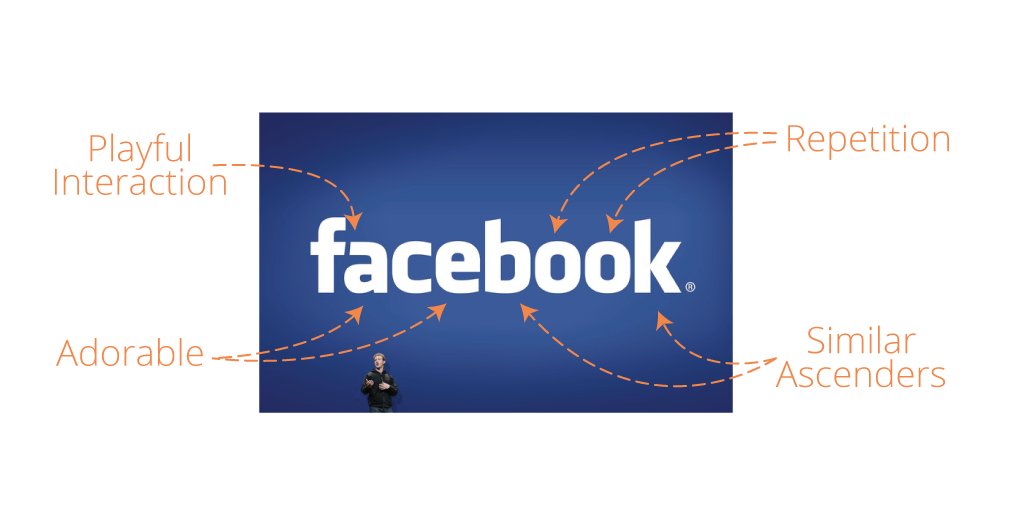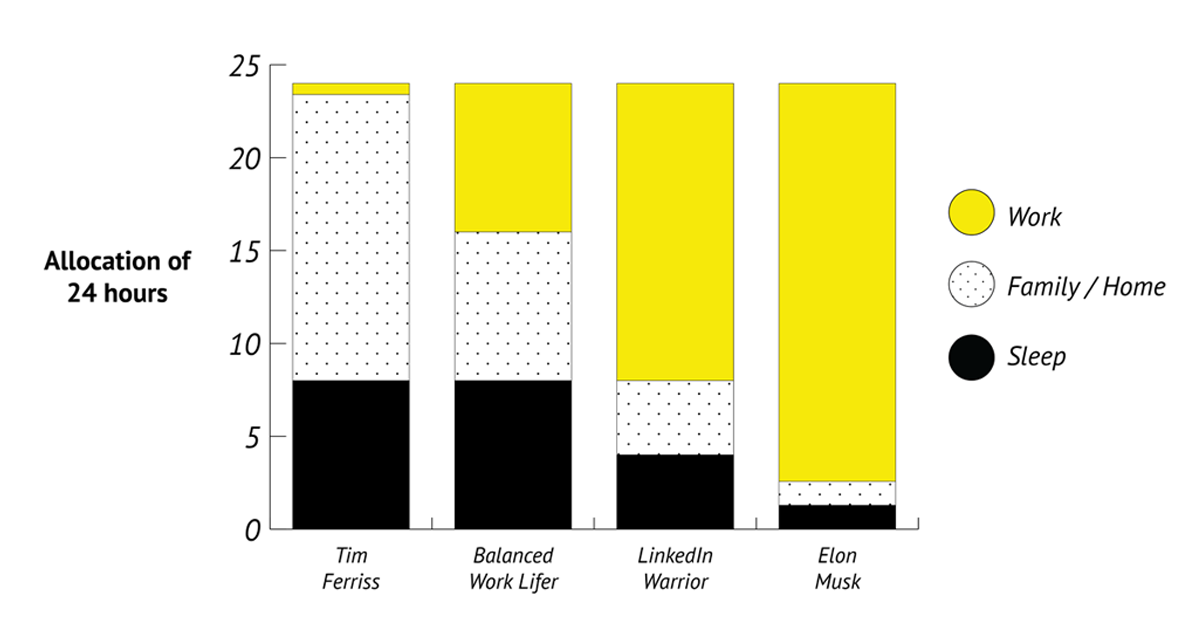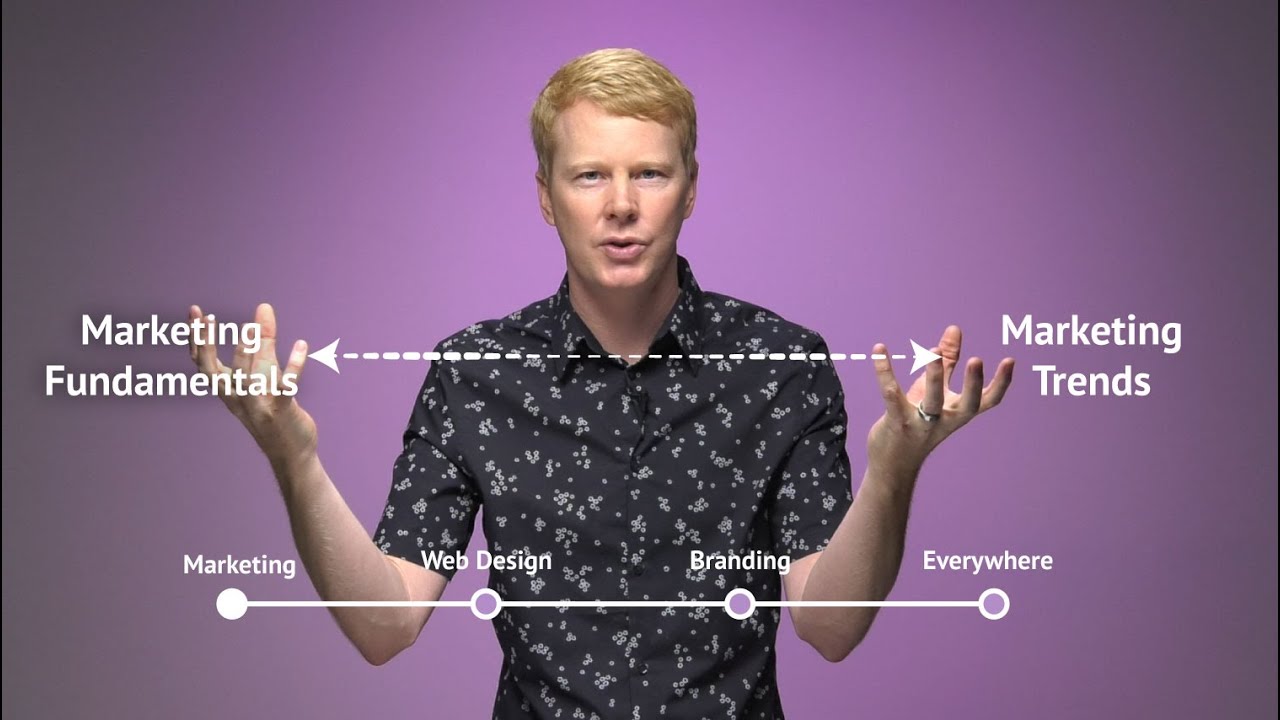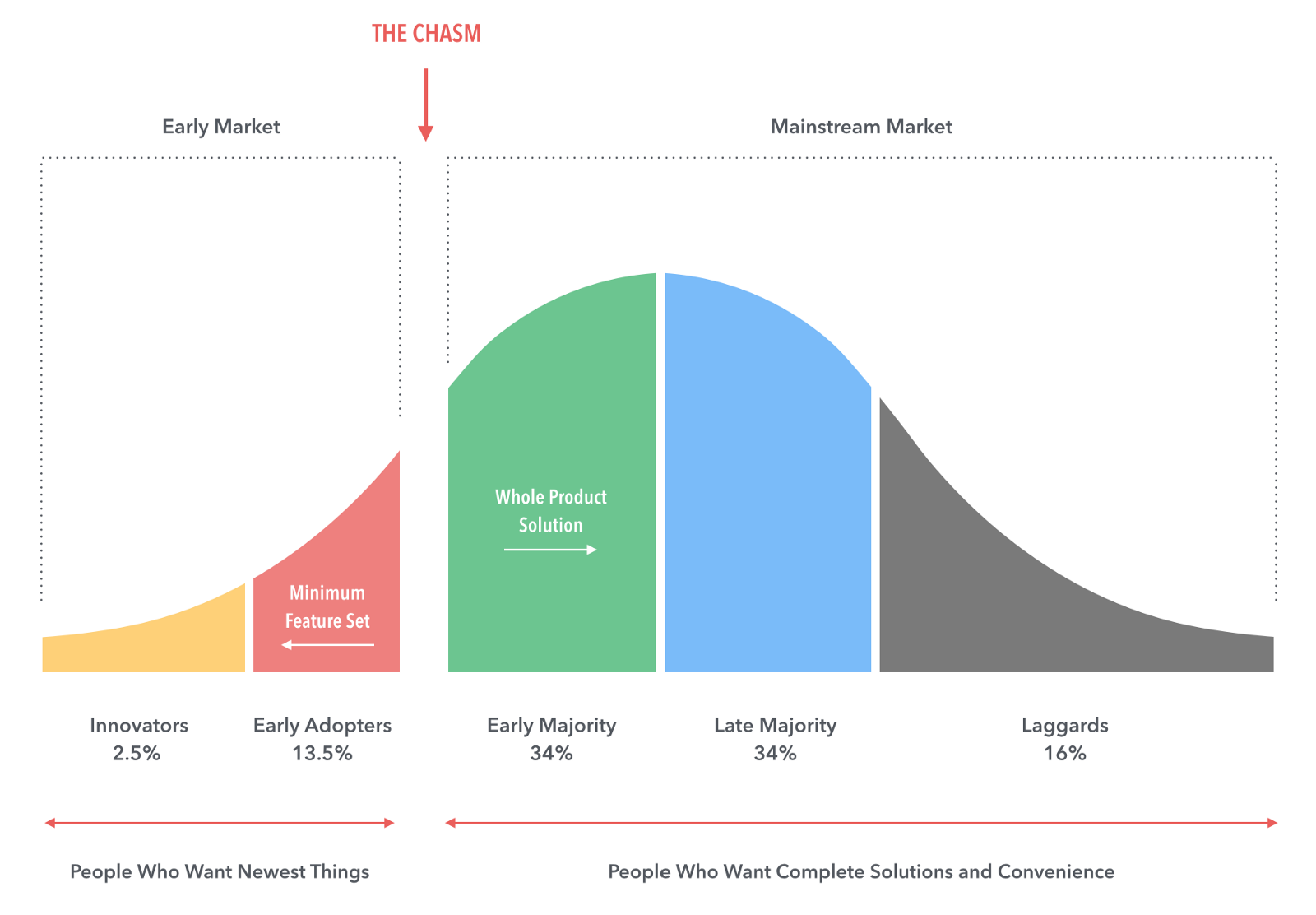A quick note before we begin... I actually wrote this blog a few years ago. I was irritated that these conmen had bought ad space after my more popular YouTube videos: Choosing a College Major, Give Your Dreams a Chance. It was all nonsense, but I felt bad that young people looking for direction in life would be vulnerable to their big promises.
Then the pandemic hit, and these gurus stopped buying YouTube ads and probably just tried to stay alive like everyone else. I kept this blog in "draft" and moved on.
Now in 2022, things are *maybe* becoming post-pandemic, these motivational coaches are feeling poor so they're back on YouTube and TikTok and buying their way in front of impressional young people.
So here we go!
"You Want to Be Successful, Right?"
How You'll Meet Them: These people, we'll call them "gurus", will introduce themselves to you through a 30-second video ad queued up on YouTube, Instagram, or TikTok. The video gets your attention because it doesn't feel like a commercial--it's casual and personal. The guru is engaging, attractive, and living the dream. Maybe he's standing on the beach, or she's in a rooftop pool looking over the city.
Here's a good one, maybe the one that started them all:
Maybe the most famous guru invitation from a Mr. Tai Lopez, who was *apparently* pretty rich. Originally aired as a YouTube commercial circa 2015.
The Story: Tai once was down and out, frustrated with life. Broke! But then he met a wise mentor, or read a couple of key books. That changed the way he thinks and how he looks at the world. Long story short--now he's rich!
The Invitation: Again, he is happy and rich now, and he wants you to have that same freedom. He invites you to attend a free online class. All it takes is your email address. No commitment!
How it works: This is as far as I've made it. I see the ads, I click past. Here is my prediction about what happens next:
That class that you unlock with your email address? It's basically a 1-hour video pitching his full online course. He will talk about his success. He'll detail his earnings--weekly?, monthly??, annually???.
He'll tease what his full course will offer with proven steps towards wealth. He offers you an exciting discount on his full 7-part online course:
Instead of the $1000, the course is only $200 if you sign up today!
If you don't purchase the course, your inbox will be flooded with second chances to sign up. Stories of students just like you who are now doing great. The emails are meant to create fear of missing out.
If you ignore the guru for too long, he'll outcast you to an email list that he will sell to other gurus. They'll attack your inbox with their course for wealth and happiness. (This is a trick from old school call center scammers.)
What's in the Paid Course?
What does the full course look like? I am only guessing here, but the course is 7 hours of videos that feel like this...
- Inspirational
- Affirming
- Relatable
- Exciting
- Lacking substance
Maybe there's a private Facebook group with other students, a Slack channel. Of course, you can invest more money for 1-on-1 coaching.
But in short, you will finish the course believing that your life is about to change, but have little idea how to make it happen. (Also, you will have less money in your pocket to make that dream come true, you lost that when you signed up for the course.)
Why should you be skeptical?
It's easy to fake success, isn't it? Social platforms were made for this! Everyone on Instagram does a little bit each day: look how great my edited life is! (They do this on Linkedin too, but that's lame so I'll stop now.)
To convince you of their success, gurus go to the next level. A lifestyle like you've never imagined! And guess what? It's easy! You can look rich without having to be rich:
- Need a big house? Rent one for a day on AirBnb
- Need an exotic car? Rent one for a day on Turo
- Don't have enough Instagram followers? You can buy those too.
- Do you need proof of your success? You can get featured in Forbes Magazine in about 10 different ways (go ask Google).
- FTW: Do you need photos and video of you wearing sunglasses and getting on a private jet? I'm not aware of an app for that, but it's probably out there.
Just estimating here, but for less than $10,000, you can convince people you're worth more than $10,000,000. But do people do that? Of course, they do! You owe it to yourself to be skeptical:
So he was poor and now magically rich because of a mentor? He's built and sold companies?
Look for verifiable facts in his story. Is there any evidence that these companies actually existed? Whatever their claim to success, don't be so caught up in the story that you assume it's all facts.
More often than not, there is only one true story, one fact: he wants your money in exchange for an online course.
How does a guru prop up his image?
Gurus stick around have to keep an edge. They have to remix their model before their angry graduates come after them because they spent all that money on a course that did nothing for them. (We'll talk about this a little more in a future blog How to Spot a Conman, Part III - The Business Guru.)
But know that the primary tool a guru used to prop up his image is a podcast. It's cheap to make, you can invite your guru friends as guests. In every episode, you can flatter one another, reinforce one another's paths to success: "You are so successful, bro! What inspiration can you give our listeners who also want to be young and rich just like us?" Other episodes, you can talk about rich icons (e.g. Jeff Bezos, Elon Musk, Steve Jobs). You can review self-help books and even invite the authors.
BONUS: Unlike a YouTube video, the popularity of a podcast is not clear. YouTube videos have a view count. Podcasts are ranked by popularity, but within those rankings are no actual numbers. A guru podcaster can claim to have millions of listeners without any accountability.
He can also claim thousands of DM's in Instagram, all the emails in his inbox. Why? Because nobody can see this. He can lie and exaggerate all he wants!
Do all these gurus flounder?
There's a new guru born each minute on social media. Often they've taken courses from other gurus about becoming an influencer. It's a dizzying model where everyone pretends to be rich in order to become rich.
Some gurus do become rich from selling online courses, and they feel the heat to finally create something legitimate. They'll publish some self-help books, lead some inspirational seminars, and work their way towards being the next Tony Robbins or Dale Carnegie.
This is where my skepticism chills out. I will never attend one of their seminars, but I imagine that it could be helpful for people who lack motivation. Maybe those graduates will have made new friends at the seminar, people who will hold them accountable. After the excitement fades, these friends can give them encouragement. ?
Does it stop with books? Live events?
Mr. Tai Lopez has been dreaming big. On a Youtube Ad, he invited me to invest in his new fund that was buying assets from bankrupt retailers, all names of popular stores near the mall in the 1990s.
His logic went like this:
"These stores couldn't make it with bricks and mortar, but everyone is now buying online, especially because of the pandemic. We just bought these bankrupt companies. And you know what we are going to do? We're going to sell their stuff through their websites. We'll make a fortune. Do you want to get rich with me?"
...
That was over a year ago. But here today in March 2022--I just Googled that joint, and he's doing it. Tai Lopez sidled up next to money man (fortune from his dating app ?), folded in money invested from YouTube viewers, and sure enough, he did it!!
He bought the names of bankrupt companies and hopes to breathe life into 10+ stores that we almost forgot about. If these online stores succeed, I imagine his investors from YouTube will succeed too. They took a risk, and have a chance to prosper in the future like any other investor. Nothing wrong here.
Now, we don't know if anyone alive has loyalty to Dress Barn, Pier 1, or Steinmart. We don't yet know if any of their eCommerce stores can compete with the likes of Amazon.
But if Tai Lopez can pull this off, then he most certainly will earn my respect. ⬛️
2025 Update! Apparently Tai is in trouble... SEC Charges Co-Founders and COO of Florida Holding Company with Misappropriating Investor Money and Operating a Ponzi Scheme
2026 in the Wall Street Journal... He Vowed to Revive RadioShack and Pier 1. Investors Say They Were Swindled.










